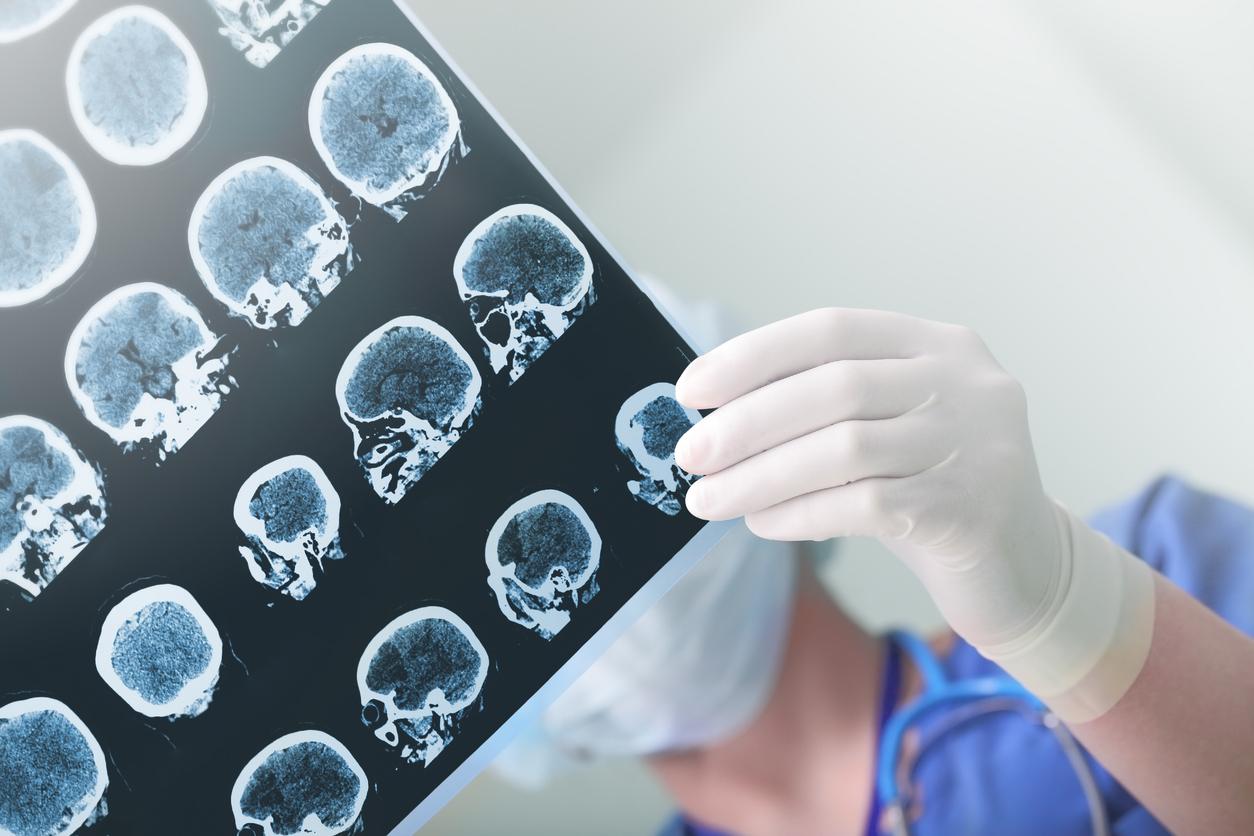The future of patients in a coma is very difficult to anticipate. But French researchers have found that the quality of communication between two structures in the brain predicts recovery at 3 months.

There are many mysteries about a coma. This most severe form of altered consciousness can be the result of a car accident, infection or cardiac arrest. In the most favorable cases, the coma will last a few days before returning to consciousness.
But for the most part, doctors cannot accurately predict which patients will come out of a coma and recover and which will have serious sequelae.
Thanks to the discovery of French researchers from INSERM, the fate of patients in a coma will be able to be apprehended with more precision. Scientists have shown that the quality of communication between two regions of the brain predicts recovery of consciousness at 3 months. They publish their results this Wednesday in the journal Neurology.
Loss of brain connection
“We studied 27 patients in a resting coma and compared their brain activity to that of healthy volunteers,” explains Why actor Dr Stein Silva, resuscitator at CHU Purpan in Toulouse and responsible for this work. Using a functional MRI, scientists were particularly interested in two areas of the brain known to play a role in consciousness.
They found that there was a loss of connection between the posterior cingulate cortex (a brain structure found at the back of the brain) and the anterior part of the brain in all coma patients compared to healthy participants.
In addition, this lack of interaction was found regardless of the cause of the coma. This observation thus suggests the key role of this communication in the emergence of consciousness.
“And when we analyzed more precisely the importance of this connection, we realized that the more this link was lost, the more the prognosis was unfavorable and predicted an evolution towards a vegetative state. Conversely, the patients who have recovered the best are those who presented connections comparable to those observed in healthy volunteers, ”adds the specialist.
Indeed, by evaluating the alteration of this connection over time, the researchers noted that the recovery of comatose patients is closely linked to the degree of damage to this connection.
Stein Silva, resuscitator and researcher at Inserm: ” At present, we treat these patients by maintaining vital functions. But a research avenue is opening up today to find out if we can do better and find out which patient will recover. This is a question with important medical and ethical implications. “
New therapeutic route
This study holds the promise of a new approach to evaluating comatose patients, a more precise evaluation of the prognosis, and even new avenues of treatment. “We can imagine in the future new drugs, new stimulation protocols that would restore some of these connections that would be particularly important in recovery,” suggests Dr. Stein Silva.
However, these results will need to be confirmed by further research involving a larger number of patients, admits the researcher. Future work will also allow us to decipher the underlying mechanisms of coma, which are still little known today.
.















